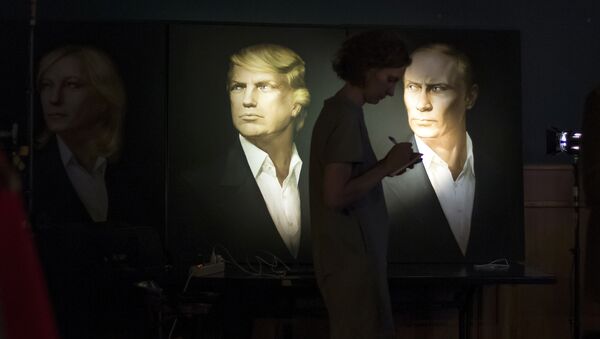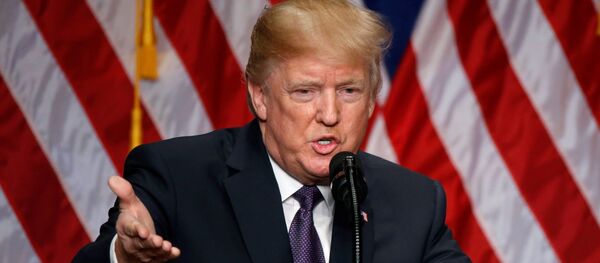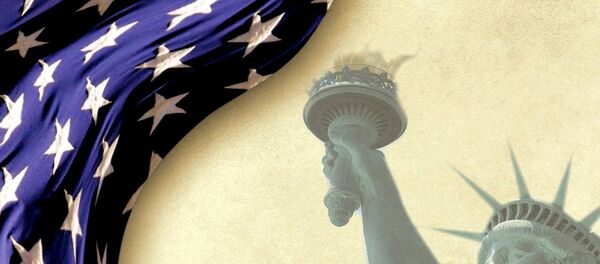In his annual press conference last week, Russian President Vladimir Putin said Trump was unable to fulfill campaign promises, including those related to Russia, because of limitations within the United States.
Trump’s new National Security Strategy (NSS) which he unveiled on Monday abandons the rhetoric of constructive cooperation for a policy of rivalry and potential confrontation with Russia and China.
Trump said that in the new strategy the United States would pursue a "great partnership" with China and Russia, but would do so in a manner that always protected its national security.
Complications
The new NSS confirmed Putin’s assessment in his press conference about the pressures that were still limiting Trump’s freedom of action in working with Russia, Australian foreign policy analyst Crispin Rovere told Sputnik.
"Vladimir Putin is correct that improved bilateral relations are constrained by the anti-Russia hysteria currently afflicting Washington," Rovere said. "For many Americans, so-called 'Russian interference' is a vehicle to delegitimize the 2016 election and Donald Trump's presidency."
"This further complicates real issues of importance such as how best to manage North Korea and the future of the INF Treaty; matters that may otherwise be resolved through engaged dialogue between the two sides," Rovere said.
University of Louvain philosopher and political commentator Professor Jean Bricmont told Sputnik that US policy on these and other major foreign policy and national security issues remained erratic, confused and often contradictory.
"Who knows what Trump really wants?" Bricmont asked. "What is true is that, irrespective of what he wants, there is a barrage of hostility towards Russia in the [US] media and among politicians, centered on the unproven Russiagate [allegations]."
Contradictions
Bricmont agreed that the anti-Russia unproven allegations — which Moscow denies — was preventing Trump from carrying out his repeatedly expressed project of genuinely improving relations with Russia and launching a new era of cooperation and goodwill between the thermonuclear superpowers.
"If Trump were to be 'nice' with Russia, meaning trying some sort of detente, he will be even more suspect of 'collusion,'" Bricmont warned.
"I suppose that his hawkish stand on Iran and Palestine is related to his desire to appease his opponents but whether they will be satisfied with that remains to be seen," he said.
Reflecting the domestic political conflicts and attacks on Trump, US foreign policy continued to be unpredictable and erratic, Bricmont cautioned.
"One thing is certain that the whole situation defies common sense," he said.
"Maybe he [Putin] just wants to underline the contradictions within US policy," he said.
Russian Security Council Secretary Nikolai Patrushev said on Wednesday that the Russian government was examining the new US National Security Strategy which said Russia poses a challenge to the United States by attempting to erode American security and prosperity.




